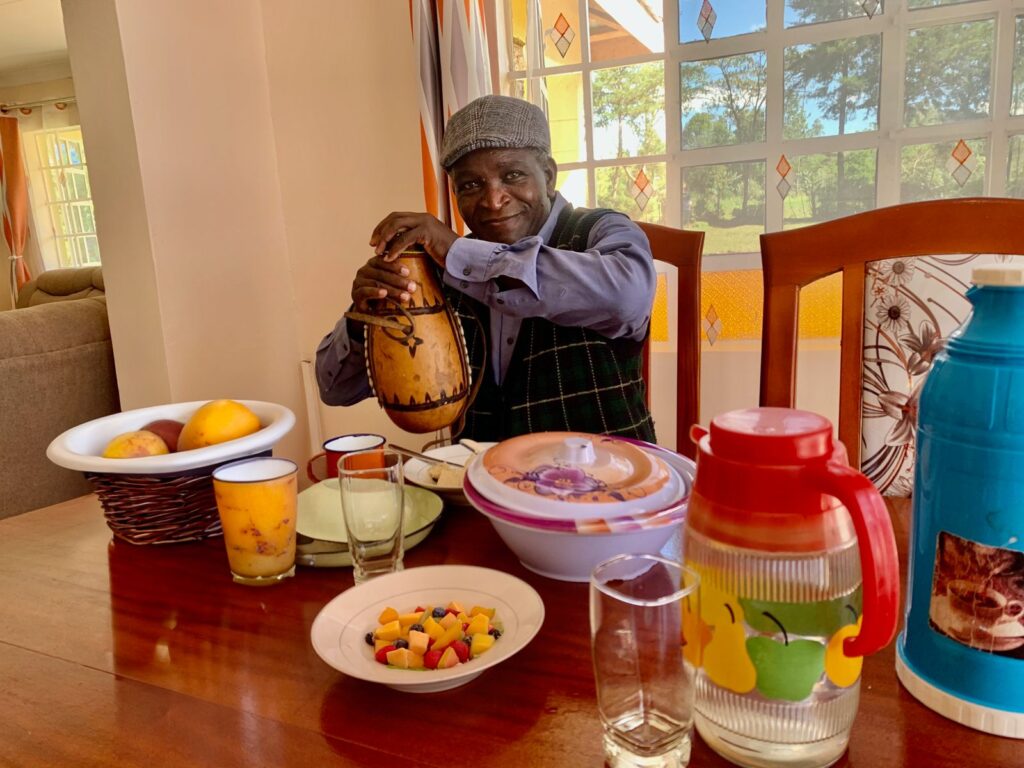I was recently asked whether a particular food is automatically good for you just because it doesn’t spike your blood sugar. The short answer? Not necessarily.
The most important thing is your overall health. Just because a food doesn’t raise your blood sugar doesn’t mean it’s automatically healthy or harmless in the long run. There are many other factors to consider—some foods may not spike blood sugar but could still cause inflammation, affect your heart, liver, or kidneys, or lead to other health issues over time.
That’s why it’s so important to take a holistic approach to your health, especially if you have a condition like diabetes. Aim to get a comprehensive health check-up at least twice a year. Don’t just focus on blood sugar levels or the obvious symptoms of the condition you’re managing. A full health assessment gives you a clearer picture of how your body is responding to your lifestyle—diet included.
At the end of the day, your body doesn’t lie. Regular health evaluations are the only way to truly know if your food and lifestyle choices are supporting your overall well-being.

Diet for Managing Hypertension and Preventing Diabetes
Did you know that hypertension is often a warning sign on the road to diabetes? Left unchecked, it can progress—but with the right diet and lifestyle, you can take back control.
Reduce or eliminate processed carbohydrates and sugars—think bread, pastries, sodas, and sweets (yes, even honey and sweet fruits). These spike insulin levels and lead to insulin resistance over time.
Eat no more than two meals a day. This limits insulin spikes and gives your body time to heal and rebalance.
What should your meals look like?
✔️ Protein: Choose quality sources like fish, free-range chicken, beef, lamb, mutton, eggs, and bone broth. Homemade fermented dairy (like kefir yogurt) is also great—avoid store-bought versions with additives.
✔️ Healthy fats: Embrace fats that come naturally with whole foods. Avocados, nuts, coconut oil, ghee, and fats from pasture-raised meats are excellent. Steer clear of processed seed oils (commonly called vegetable oils).
✔️ Non-starchy vegetables: Think leafy greens, cabbage, okra, peppers, snow peas, and carrots.
✔️ Complex carbs in moderation: Cooked green bananas (matoke), pumpkin, butternut squash, sweet potatoes, lentils, and beans. Limit cassava due to its effect on thyroid function.
Avoid modern high-sugar fruits like mangoes, ripe bananas, oranges, and watermelon. Small amounts of berries and avocado are fine.

A note on meat preparation:
Eat meat in its natural form—skip processed meats like sausages. Choose boiling or gentle cooking methods over grilling, roasting, or frying. High-heat cooking produces harmful toxins and carcinogens like acrylamide (found in browned or charred foods).
Remember: “Brown” doesn’t always mean better. That crusty bread edge we all loved as kids? It’s often where the acrylamide hides. If you still eat bread, skip the crust—your body will thank you!
Your health is in your hands. Start small, stay consistent, and nourish yourself well.
To find out more, read this well-discussed topic on >>> https://nourishandflourish.live/2024/12/31/the-path-to-sustainable-weight-loss-patience-consistency-and-balance/





